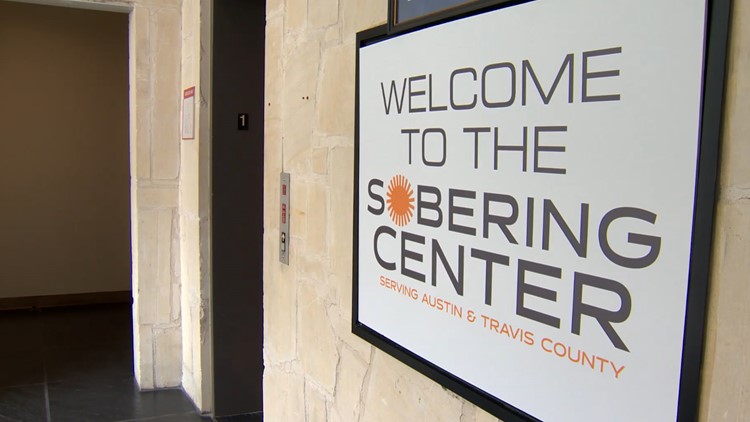The Sobering Center in Austin, Texas, has officially expanded its facilities to accommodate 14 additional individuals seeking a place to sober up. On Monday, the nonprofit organization announced the opening of its second floor, effectively doubling its capacity to assist those in need.
Laura Elmore LeBlanc, the CEO of The Sobering Center and a licensed master social worker with advanced practice credentials, emphasized the significance of this expansion. “The completion of the second floor represents a step forward in our mission to provide safe, supportive care for those using substances,” she stated.
The newly added floor features updated areas designed for clients, along with increased space for staff members to facilitate patient discharges and provide necessary care. The expansion aims to enhance the overall experience for individuals seeking assistance.
To celebrate this milestone, The Sobering Center will host an event on December 2 at 5:30 p.m. at Electric Gravy Mumbai Bar & Canteen in East Austin. This gathering marks not only the completion of the expansion but also a commitment to the community’s health and well-being.
Established in 2018, The Sobering Center serves as an alternative to traditional emergency services for individuals who are intoxicated. Instead of being taken to a hospital or jail, clients can find a safe space to recover. While the center is not a treatment facility, it provides essential support for those looking to access further help.
Clients must be at least 18 years old to stay at The Sobering Center. Referrals to the center can come from first responders or one of the nonprofit’s partner organizations. Walk-up admissions are not permitted, ensuring a structured approach to care. The facility operates 24 hours a day at 1213 Sabine St. in Central Austin, conveniently located near Waterloo Park.
As The Sobering Center continues to grow, it remains dedicated to fulfilling its mission of providing compassionate and effective support for individuals in need. The expansion reflects a broader commitment to addressing substance use issues within the community, highlighting the importance of accessible care options.






































































